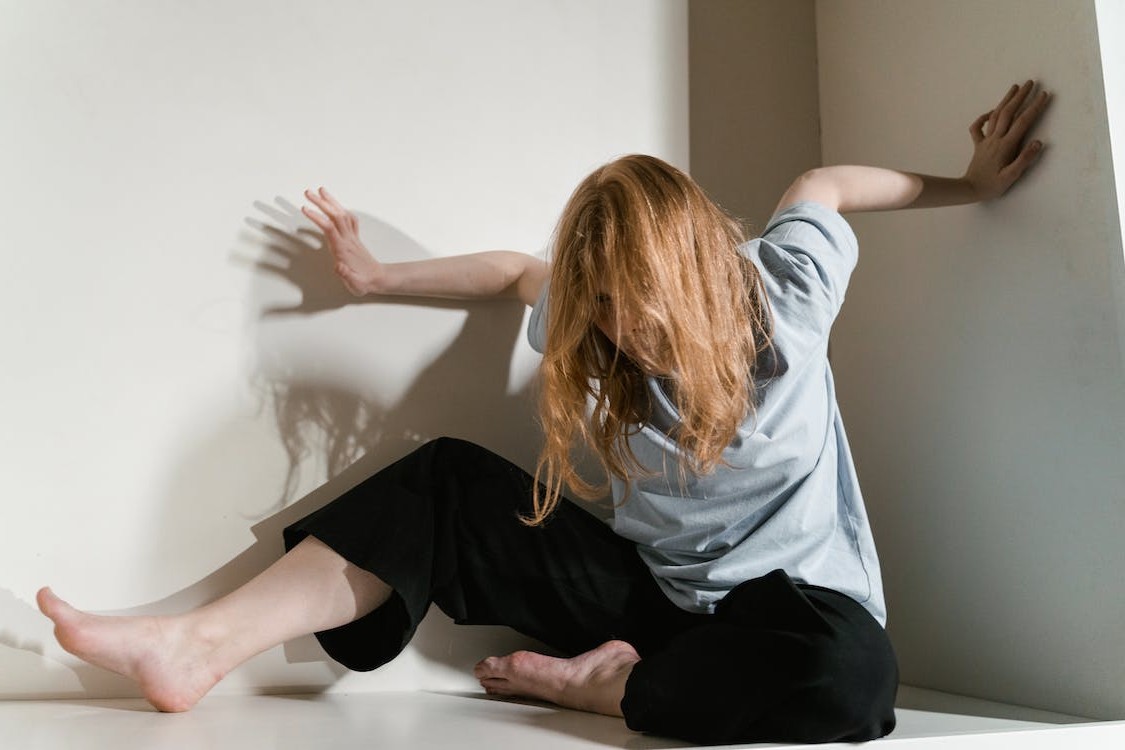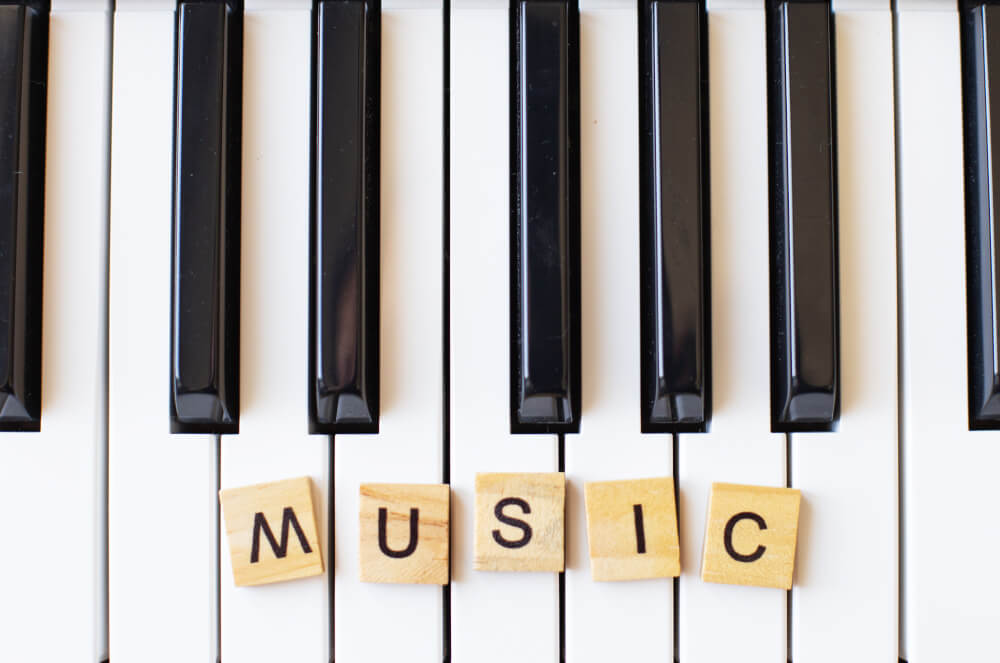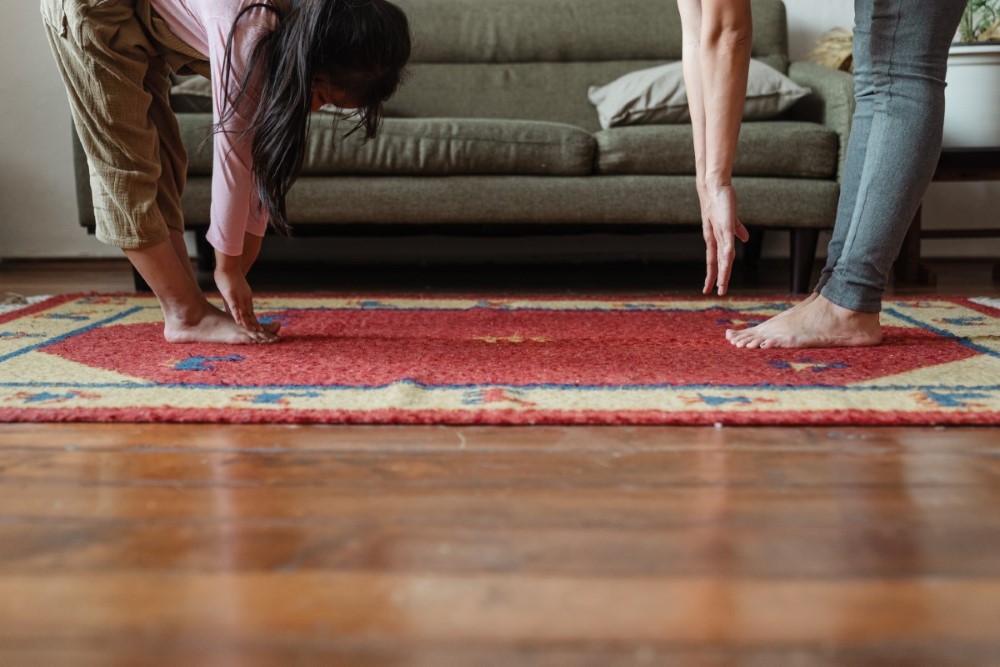As you embark on the journey of recovery, understanding the vital role of self-care cannot be understated. For many, addiction serves as a coping mechanism, a way to deal with underlying struggles or traumas. But what if you looked at addiction not as a disease but as a symptom? A signpost pointing towards unaddressed needs and wounds. If that’s the case, treating the symptom becomes paramount, and this is where self-care comes into play.
At the heart of recovery is the recognition that there are deeper, often unspoken and unresolved, issues that have contributed to addictive behaviors. Just as a cough might indicate a cold or a more severe ailment, addiction can be a manifestation of emotional pain, past traumas, or unresolved conflicts. While the path of recovery requires external support, it’s equally important to cultivate an inner sanctuary through self-care. Why? Because self-care equips you with the tools and resilience needed to address the root causes of your addiction.
Imagine walking on a fractured leg without a cast. The pain would be unbearable, and healing would be slow, if not impossible. In much the same way, neglecting self-care during recovery can leave you vulnerable to setbacks. Engaging in simple acts like taking a walk, reading a book, or meditating allows you to reconnect with yourself. It serves as a gentle reminder that you are worthy of love, respect, and healing. These practices fortify your spirit, enabling you to face and heal the underlying causes of addiction.
Furthermore, embracing self-care fosters a nurturing environment that is conducive to healing. By prioritizing your well-being, you send a powerful message to both yourself and the people around you. It’s an affirmation that you’re committed to your journey, valuing your well-being, and acknowledging the significance of addressing root causes over mere symptoms.
The practice of self-care, though it may seem like a modern trend, actually has ancient roots. As you delve into the history of self-care in the context of recovery, you’ll find that many cultures have recognized its value for centuries.
Ancient civilizations, like the Greeks and Romans, were known for their bathhouses and spas. These were not just places for physical cleansing but also for mental and emotional rejuvenation. Philosophers like Socrates emphasized the importance of “knowing oneself,” a call to introspection and self-awareness which is a cornerstone of today’s self-care practices in recovery.
Moving forward to the East, traditional Chinese medicine and Ayurveda from India both place a strong emphasis on balance. For them, disease or ailments (including addiction) arise when there’s an imbalance in the body or mind. Remedies often involve holistic practices, emphasizing both physical well-being and mental clarity. Meditation, a crucial self-care tool you might be familiar with, has its roots in these ancient traditions and has been used for millennia to promote self-awareness and inner peace.
Fast forward to more recent times, the 20th century witnessed a surge in the popularity of psychotherapy and counseling. These modalities, which are fundamental in modern recovery programs, emphasize the importance of understanding one’s emotions, triggers, and behavioral patterns. They bring to light the concept that tending to one’s mental and emotional needs is just as crucial as addressing physical ailments.
In the context of addiction recovery, the last few decades have seen a significant shift. Earlier treatment models often focused solely on abstinence and did not necessarily address the underlying emotional and psychological issues. However, as the field of addiction science progressed, it became clear to you and many others that holistic approaches, which incorporate self-care, have a higher success rate. Recognizing addiction not just as a physical dependency but also as a symptom of deeper, unaddressed emotional and psychological wounds, has paved the way for self-care to take center stage in recovery efforts.
Alright, dear reader, let’s wrap this up with a big ol’ bow on top. Dive deep into the waters of recovery, and you’ll soon realize that self-care isn’t just about spa days and bubble baths (though, let’s be real, those are pretty great!). No, self-care, as we’ve learned from our dive into history and its importance in recovery, is your own personal lifeline. It’s about treating yourself with the same compassion, patience, and understanding that you’d offer your best friend.
Counseling? It offers a space for you to explore and strengthen this relationship with yourself. It’s where you can unwrap past traumas, challenges, and the stories you tell yourself, replacing them with narratives of strength, resilience, and hope. By integrating self-care practices with counseling, you’re not only addressing the symptoms of your challenges but nurturing the roots of your well-being.
To sum it up in the words of the ever-inspiring Maya Angelou, “I do not trust people who don’t love themselves and yet tell me, ‘I love you.’ There is an African saying which is: Be careful when a naked person offers you a shirt.” So, dear reader, before you offer your shirt, make sure you’ve taken care of yourself. Embrace self-care and let counseling be the guide on your journey to recovery and self-love. Remember, it’s not just about healing; it’s about thriving.




